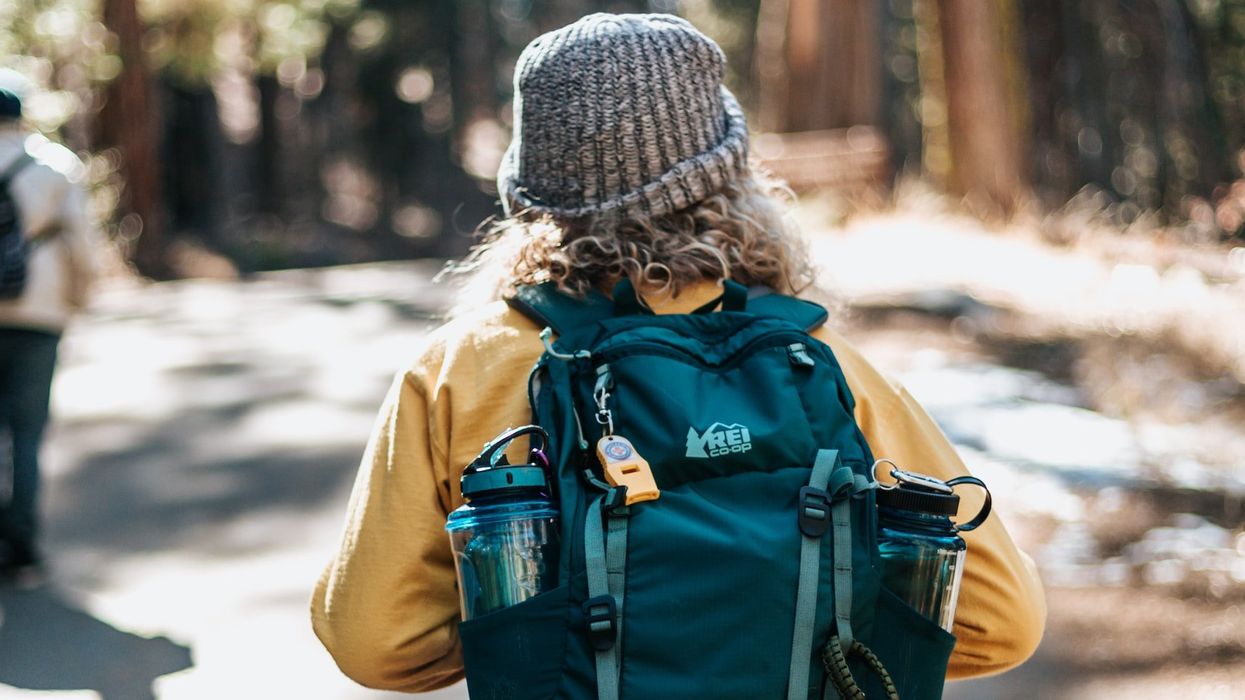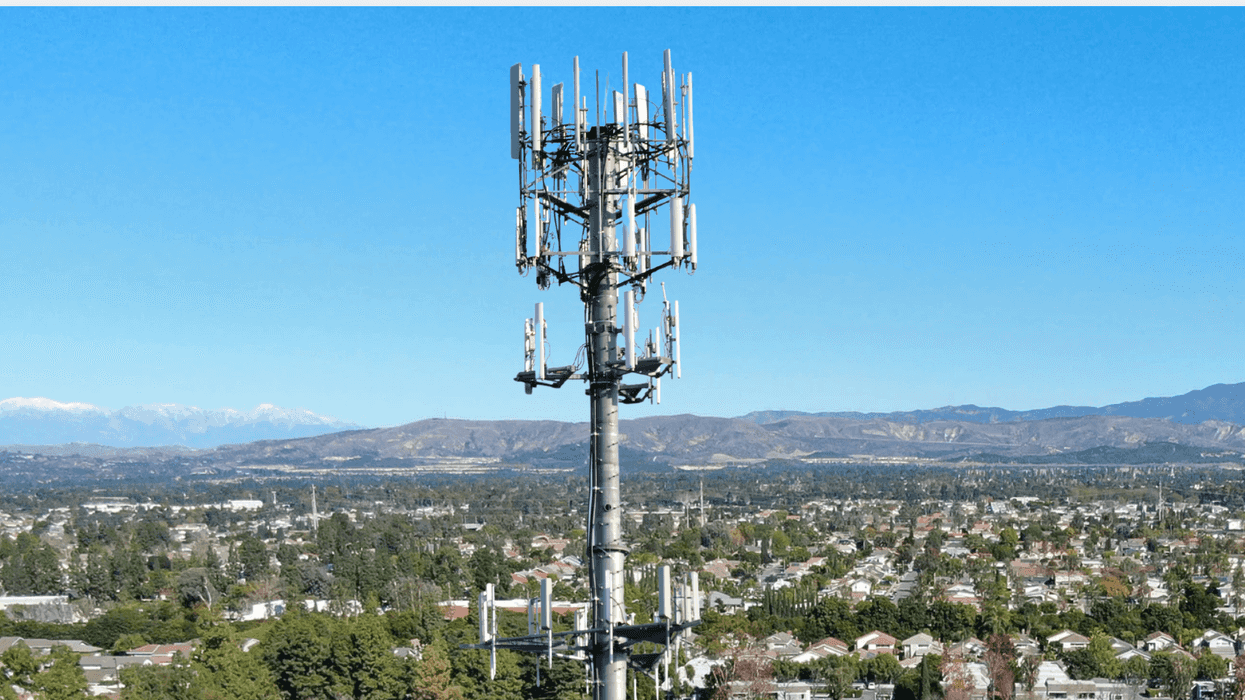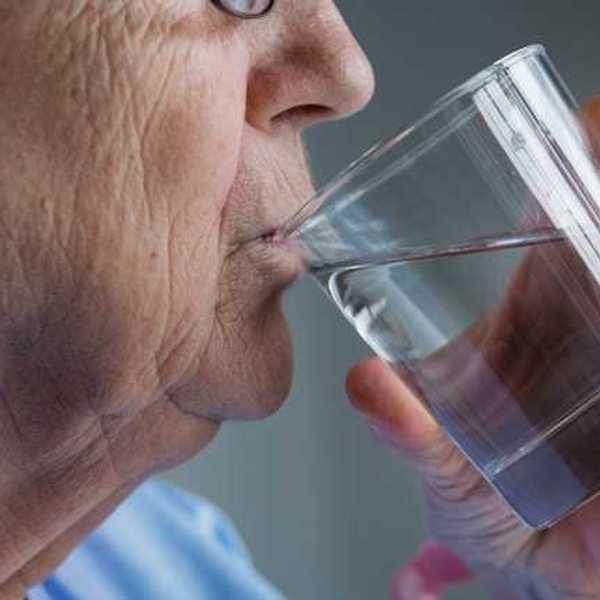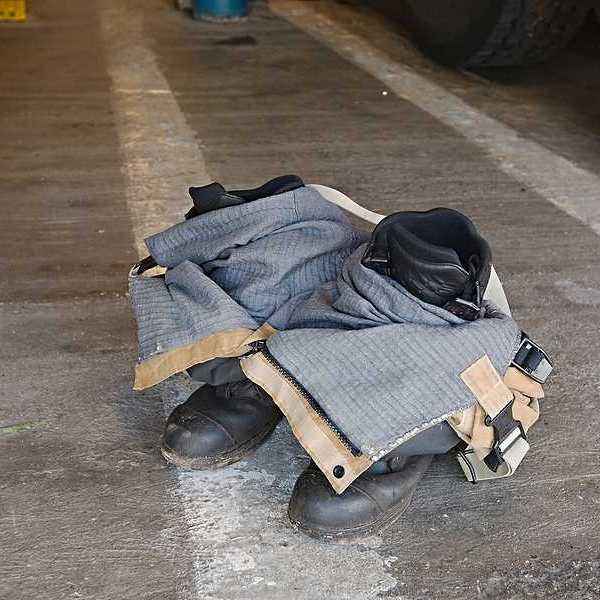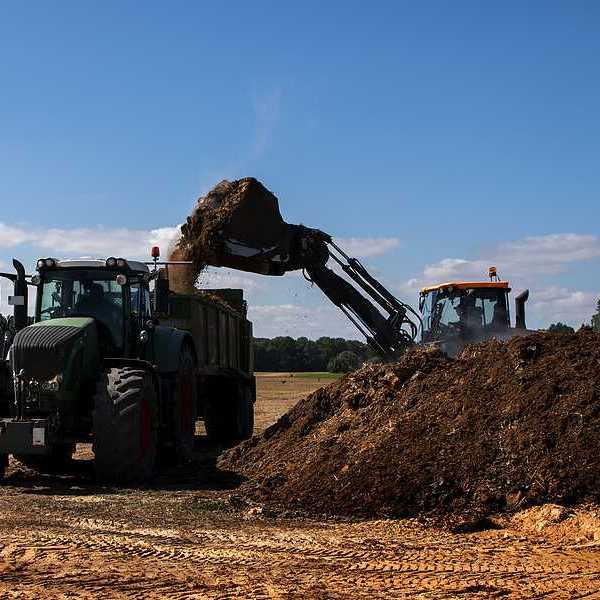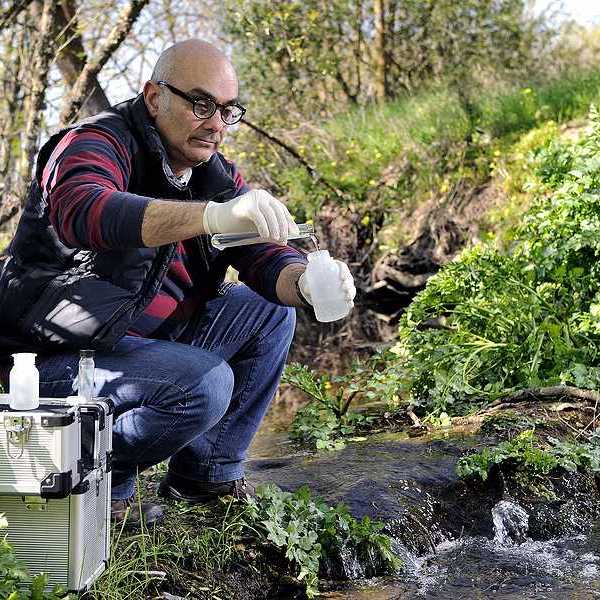Outdoor retailer REI will ban the group of chemicals known as PFAS in all textile products and cookware from its suppliers starting in fall 2024, according to an announcement this week.
The announcement was an update to the company’s product impact standards for its more than 1,000 brands partners.
Exposure to PFAS, short for per- and polyfluoroalkyl substances, has been linked to multiple health problems including kidney and testicular cancer, liver and thyroid problems, reproductive problems, pregnancy-induced high blood pressure, low birthweight and increased risk of birth defects, among others. PFAS have also been linked to changes in cholesterol levels and in the timing of puberty.
“We are so pleased that REI has finally listened to its members. No one’s drinking water should be polluted for a raincoat,” Mike Schade, director of Mind the Store, a program of Toxic-Free Future, said in a statement. The Mind the Store program launched a campaign last year to pressure REI to drop PFAS from its products. Toxic-Free Future also tested apparel last year and found evidence of PFAS chemicals in a variety of products from the retailer, including rain jackets for kids, jackets for men and women and hiking pants.
PFAS are often added to outdoor clothing to make them stain- or water-resistant. In an investigation last year EHN, along with partner Mamavation, found evidence of PFAS in yoga and athletic apparel.
State PFAS bans
The REI announcement comes after multiple states — including California, Colorado, Maine, New York, Maine and Washington — have announced or put in place regulations on PFAS in apparel and cookware.
“Communities like mine deserve protection from continued PFAS exposures. Thank you, REI, for living up to your values, listening to your customers, and demanding a market shift,” Emily Donovan, co-founder of Clean Cape Fear, a grassroots organization working to restore and protect the air, soil, water and food supply from PFAS contamination near Chemours in North Carolina, said in a statement.
While the PFAS ban for most products will take place in 2024, the retailer has a fall 2026 deadline for professional, expedition level apparel.
Schade added that “other retailers, like Dick’s Sporting Goods, must quickly follow suit.”
Follow our PFAS testing project with Mamavation at the series landing page.
- Exposed: A scientific stalemate leaves our hormones and health at risk ›
- PFAS widespread in water- and stain-resistant outdoor clothes, home linens ›
- IN DEPTH: First-of-its kind testing points to dangers and unknowns of PFAS in clothing ›
- Outdoor brands phase out PFAS, “forever chemicals,” ahead of state bans - EHN ›
- Dick’s Sporting Goods bans PFAS in its clothing and other textiles - EHN ›
- Minnesota enacts nation’s broadest ban of “forever chemicals” - EHN ›

